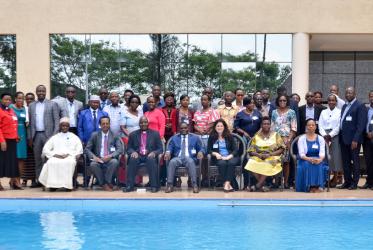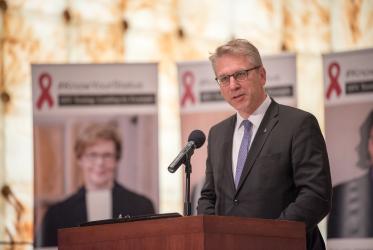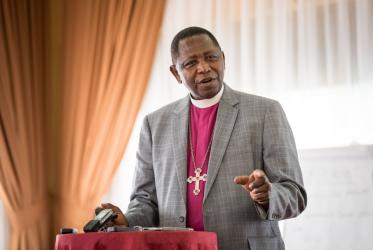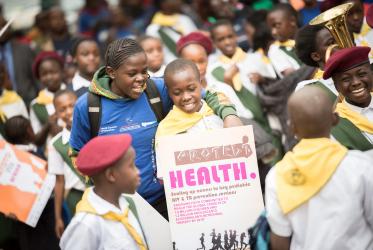Displaying 161 - 180 of 293
16 October 2017
Forum strengthens ecumenical commitment to diakonia
12 October 2017
“Good healthcare a right, not a privilege,” says WCC-EAA
11 October 2017
Faith on the fast-track - for children living with HIV
13 September 2017
Fe y acción acelerada por los niños que viven con el VIH
13 September 2017
“It will take faith to get down to business, to overcome HIV and AIDS”
13 September 2017
“Facing the storm of HIV, we can move together, be agents of change”
06 September 2017
New study lifts up voices of small farmers in Mozambique
24 August 2017













